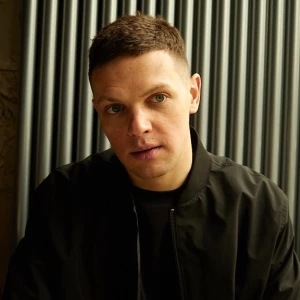Hi Community,
I'm prepping for my MBB interviews in December and have hit a roadblock. After two months of casing with peers, I've noticed I get thrown off when the case facts don’t line up with my initial assumptions. From that point onward, it becomes tough to think straight and crack the case. Can you share strategies or tips to tackle this issue?
Thanks!



















